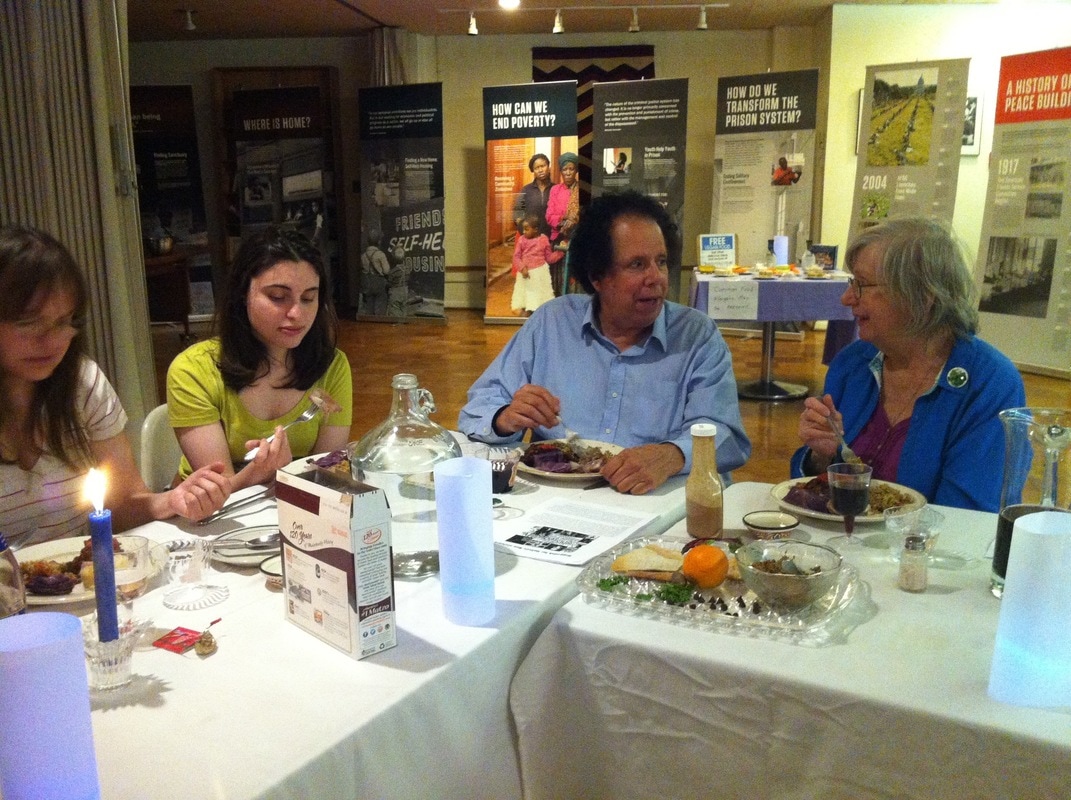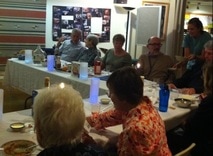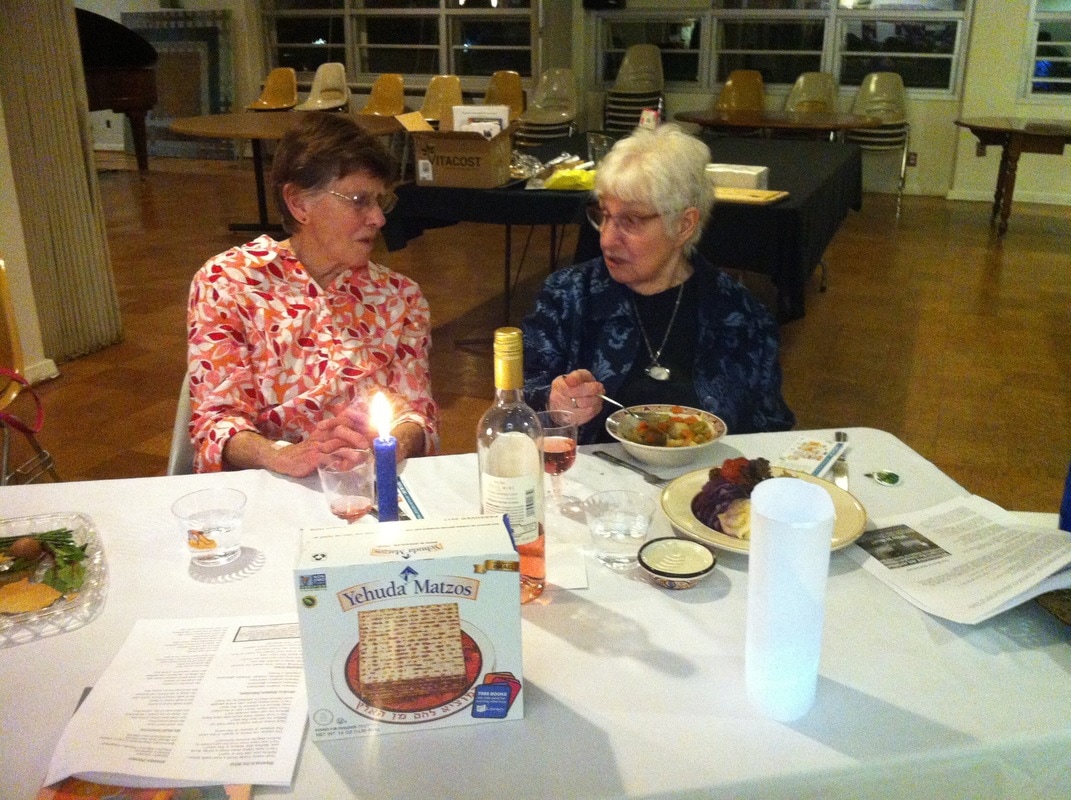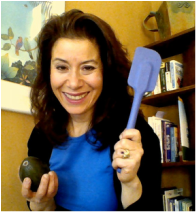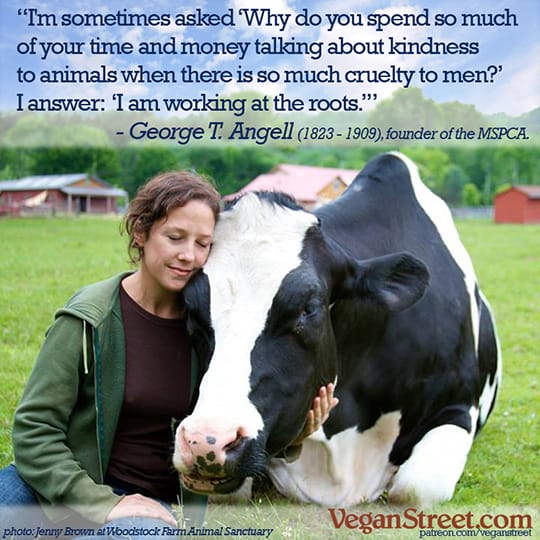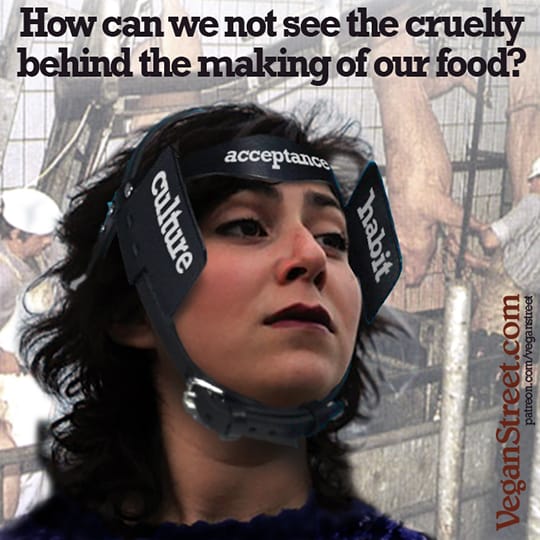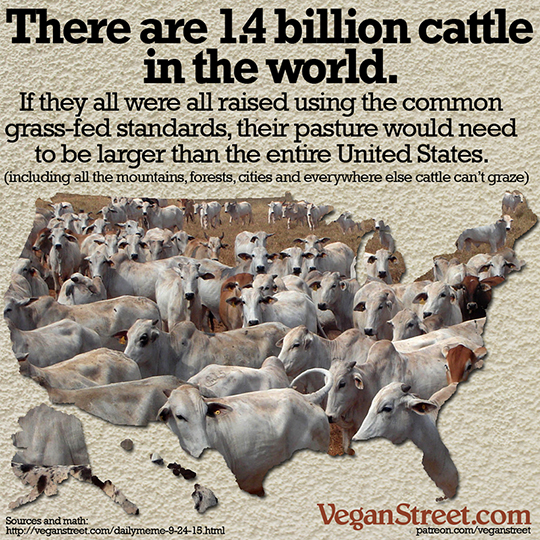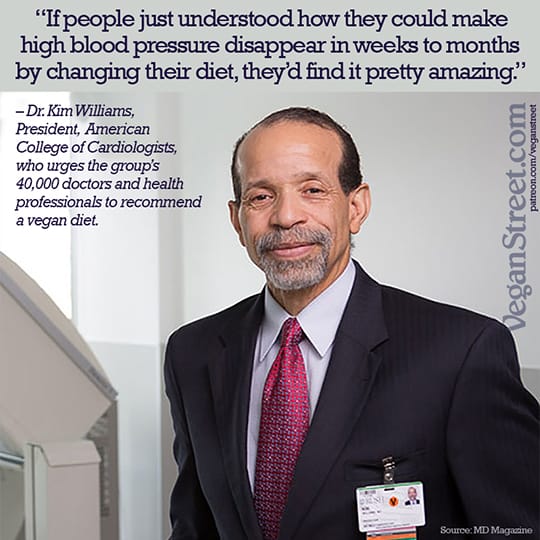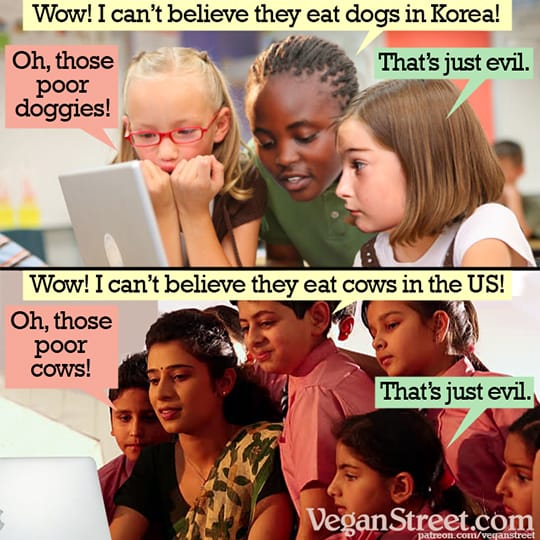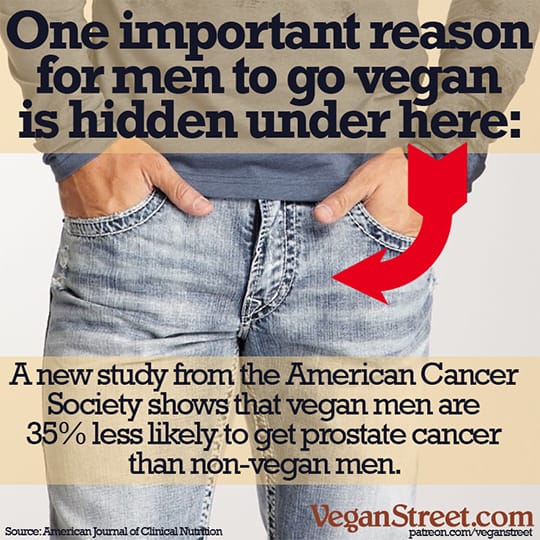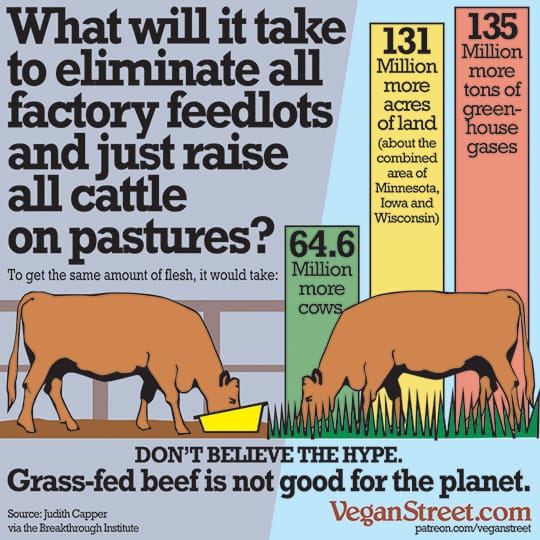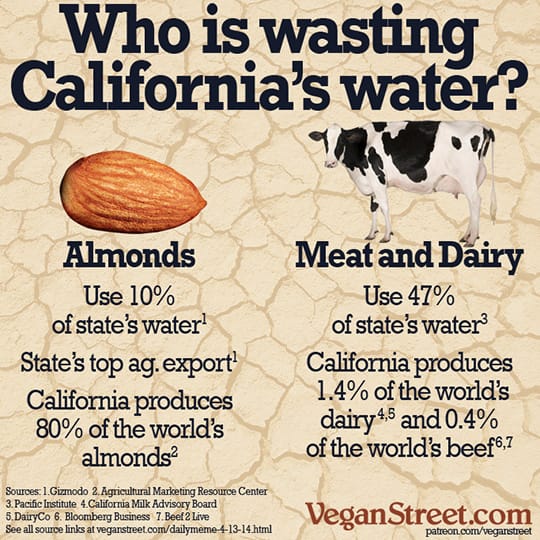Vegan Passover Seder PageThe genesis of this page, was a vegan Passover Seder that I organized for ECM on Monday April 17, 2017. It was the first time I had ever put together a complete Passover Seder, including creating a Haggadah (based upon Holistic Non-violence, a concept developed by Tribe of Heart film producers). On this page, you will find all of the recipes that I used and a PDF that you can download of the Haggadah that I assembled.
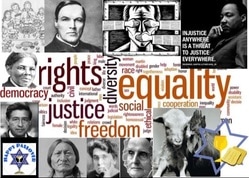
Ever since I embraced veganism -- about 26 years ago, I dreamed of being part of a community vegan Passover seder. My memories growing up of the Passover seder at our synagogue were the highlight of my Jewish upbringing. I loved the community coming together to talk, sing and share this ritualized meal, which always included special foods that I looked forward to having year after year.
But as a vegan, Passover became something different -- a glaring contradiction that I could no longer participate in; celebrating my ancestor's freedom from slavery -- while ignoring the fact that body parts of recently enslaved beings killed for our celebration were sitting right on our table and on our seder plates. I have missed celebrating Passover with a large community all these years. Passover is fundamentally an important holiday for today. It invites us to open our homes and hearts to strangers and refugees. It embodies the desire of all beings to live free and be the masters of their own lives. More so now, than at any other time in my life, a Passover seder based upon compassion and non-violence, and that integrates contemporary social justice issues feels critically important. For all these reasons, a seder that is inclusive, that broadly recounts the lessons of Passover and invites us to dialogue about freedom and social justice is an important expression of the spirit of Passover. The original flyer for this event is HERE Veiw/Download/Print the Haggadah for Holistic Nonviolence Here Why do some Jews avoid beans and rice on Passover?Kitniyot (also spelled kitniyos) Is the Jewish tradition of avoiding beans and rice on Passover. This tradition is discussed on a Chabad website, in an article titled, “The History, Rationale and Practice of Avoiding Kitniyos on Passover,” This article stands as a perfect example of what I find disturbing about how modern day Judaism most often gets practiced....which appears to get so caught up dissecting minutiae and tiny details while ignoring (and justifying ignoring) the large important themes that Torah appears to embrace -- like taking care of creation, protecting our health and being kind to other creatures. In other words, Chabad follows the letter of the law and uses this to justify ignoring the spirit.
As I understand it, back about 800 or so years ago, some rabbis got the idea that out of an abundance of caution, beans and rice (and other healthy plant-derived foods that are clearly not chametz) should be avoided on Passover. (note: chametz is defined as any mixture that contains flour and water that has been allowed to ferment at all.) This tradition took hold in some, but not all geographic areas, and has now become a source of division amongst Jews from different places. It appears to me that Chabad’s only concern about this custom is the fact that it divides Jews. But they completely ignore an important problem here, namely that this custom has the additional consequence of encouraging and increasing consumption of meat, dairy and eggs (all of which they do consider kosher for Passover). There are several problems with this:
In addition, as I have written in the Haggadah that I assembled, the avoidance of leavened breads (hametz) is central to what is kosher for Passover, around the 13th century rabbis in certain geographic areas, out of an abundance of caution, added beans and rice to the list of foods prohibited on Passover. But this was not adopted by Rabbis in other regions. Then in 1997 Rabbi David Golinkin of the Rabbinical Assembly of Israel--Vaad Halacha said it is not only permissible, but obligatory that we consume both legumes and rice on Pesach, in order to eliminate this custom as it is divisive between Sephardic and Ashkenazic Jews. Adhering to this custom and not eating legumes tends to diminish the importance of hametz (leavened bread) on Passover. In Torah when the holiday is first pronounced by Moses the food that is directly forbidden is leavened bread, and many believe we should keep the emphasis on this. I think it is time that Jews speak up and encourage religious leaders to address this glaring hypocrisy that undermines many of the important ideas that Torah appears to embrace: Feeding the hungry, healing the world, protecting human health, compassion for animals, and taking care of G-d’s creation. |
Menu for the Seder:
(Click to see recipe for each) GF Matzah Ball Soup Gefilte Fish-less Patties Home made GF Matzahs Charoset Tossed Salad Lentil Walnut Loaf Quinoa vegetable Pilaf Steamed Cabbages Potato Kugel Coconut Macaroons Note: This entire menu was crafted from ingredients that were vegan, gluten-free and GMO-free. |
Other Vegan Events In or Near Lawrence!Check out the Lawrence Area Vegan Association: LAVA
|
